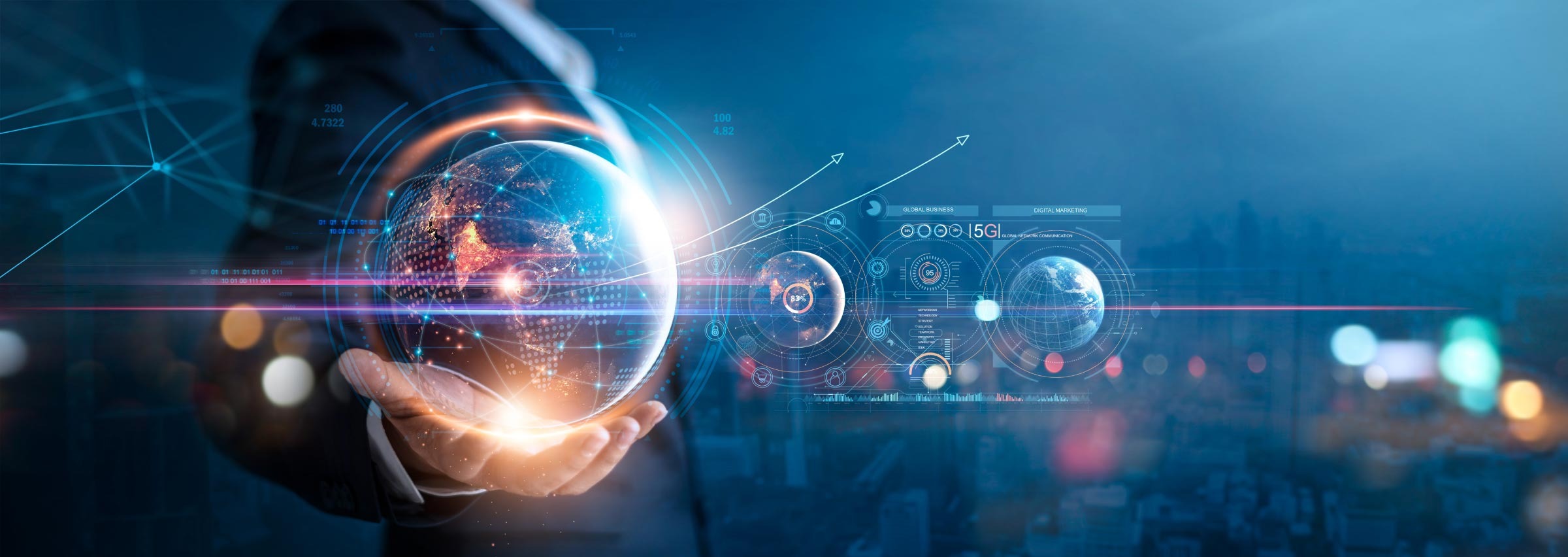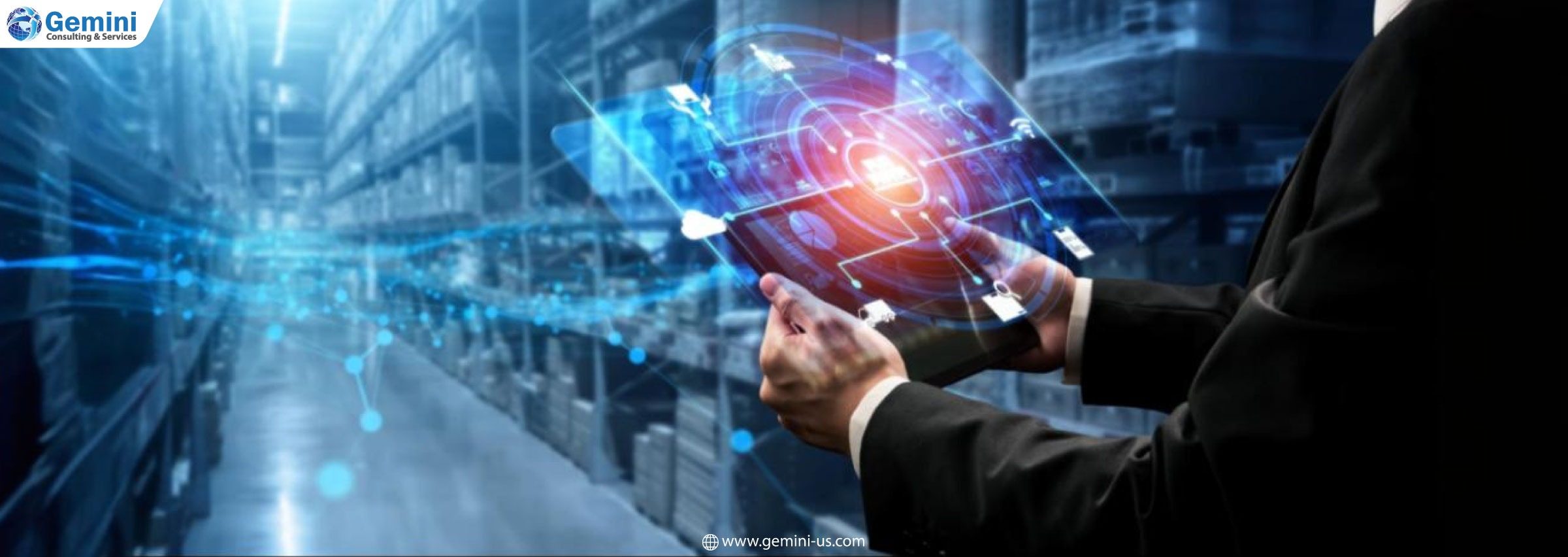Enterprise resource planning (ERP) software has come a long way since its introduction. Originally designed as monolithic on-premise systems for managing inventories and supply chains in the manufacturing industry, they gradually spread their applicability to other departments and industries. From on-premise, ERP systems have moved onto the cloud and have now transformed into intelligent ERP powered by Artificial Intelligence (AI) and Machine Learning (ML).
The ERP market is growing at a rapid phase. The global market for cloud ERP solutions is projected to reach $101.1 billion by 2025 from $45.3 billion in 2020, at a CAGR of 17.4%. Growing demand among businesses to streamline business processes and improve operational efficiency, the COVID-19 pandemic impact, and the growing adoption of cloud-based technologies are some of the factors driving the ERP market. That’s one part. The other interesting story playing out is the transformation of ERPs into intelligent ERPs running on data.
Evolution of Intelligent ERP (iERP)
ERP stands for Enterprise Resource Planning. To understand ERP in a simple way, think of all core processes of a business such as HR, supply chain, inventory, marketing, sales, finance, production etc., and then imagine a platform that integrates all your processes and helps you manage them with a single interface. An ERP system facilitates information sharing across the company.
The history of ERP systems dates back to 1960. However, it was only in the 1990s that it was properly defined. The term ‘Enterprise Resource Planning’ was coined by Gartner in 1990. Before ERP software, product-based organizations used ‘IC systems’ in the 1960s. These centralized systems were usually developed internally and were useful in tracking the availability of final products against monthly/quarterly production quotas.
The 1970s saw the emergence of Materials Requirements Planning (MRP) software. In the 1980s MRP systems advanced into Manufacturing Resource Planning (MRP II) systems. Subsequent advancements in computation technologies and the evolution of business needs led to the development of ERP systems in the 1990s. In 1998, NetSuite launched cloud ERP, an application that is delivered remotely over the internet as a Software as a Service (SaaS) model.
Over the later years, new functionalities and features are being added to the ERPs like mobile access, integration support with other systems & apps and now AI and Machine Learning.
At Gemini Consulting & Services, we’re helping businesses adopt and implement iERP and transform into intelligent enterprises. We have a dedicated practice on customizing and supporting iERP wherein we help businesses to strengthen their digital strategy through various enterprise applications. Click here to know how we can help you deploy and extract maximum value from an iERP system.
What is Intelligent ERP?
IDC defines Intelligent Enterprise Resource Planning (iERP) as software that leverages advanced analytics and machine learning to forecast, monitor, learn, analyze, report, and manage core processes of a business. iERP offers several opportunities for businesses to compete in hyper-competitive environments by leveraging data, automating processes and optimizing resources.
With intelligent ERPs, enterprises can modernize core back-end systems into agile systems to quickly adapt to changes in the economy, markets, technology, and customer needs. This can be achieved through the high-speed data processing powers of iERP. The ability to build extensions to iERP allows businesses to simplify and speed up their processes, such as customer billing and invoice-to-cash. iERP also empowers businesses to complement their processes with other technologies like AI, the Internet of Things (IoT) and robotic process automation to transform and automate.
Benefits of iERP
- Resource Optimization: Enterprises are under pressure to build more with fewer resources. The ongoing COVID-19 pandemic has led to businesses looking for ways to minimize dependence on human labor and drive automation. iERP can leverage data models and ML to drive automation in tasks that don’t require high skill sets and human intelligence.
- Real-Time Decision Making: One of the biggest benefits of implementing iERP would be in leadership and decision-making. Real-time data processing capabilities and insights delivery by iERP means organizations would be able to better forecast and project and make data-driven decisions. It would also help them identify gaps and opportunities in their existing processes and optimize.
- Higher Productivity: iERP systems are built for the modern world in experience, usefulness and user-friendliness. The software offers User Experience and personalization comparable to modern applications. Chatbots, virtual assistants and other tools will assist your employees in their tasks and drive their productivity.
- Digital Transformation: If there was any confusion, the Covid-19 pandemic has resolved it forever. Digital is the future of business, commerce and common life. IERP can be the backbone of your digital transformation journey. digital transformation means building an intelligent, agile and innovation-driven business. The iERP software can help you just do that along with other technologies.
The evolution of iERP has been with the evolution of business needs. Businesses looking to transform business processes, reinvent business models, monetize their data for real-time insights and adopt digital as a culture will find an able partner in the iERP.



